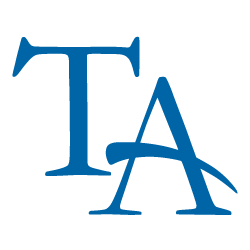The purpose of education is to give the student the intellectual tools to analyze, whether verbally or numerically, and to reach conclusions based on logic and evidence.
– Thomas Sowell
Affordable Pre-K–12 Classical Education
Empowering Students with Academic Excellence, Character Formation, and Real-World Skills
Thales Academy is a network of private schools offering a high-quality, affordable Pre-K–12 education rooted in classical curriculum and Direct Instruction. With campuses across North Carolina, Tennessee, and Virginia—we provide students with a strong foundation to excel academically, develop strong character, and thrive in college, careers, and life.
Watch Introductory Video
View Direct Instruction Film
If there’s one thing that can be done to make this a far better world, it’s educating our students to their highest potential.
- Bob Luddy, Founder of Thales Academy




